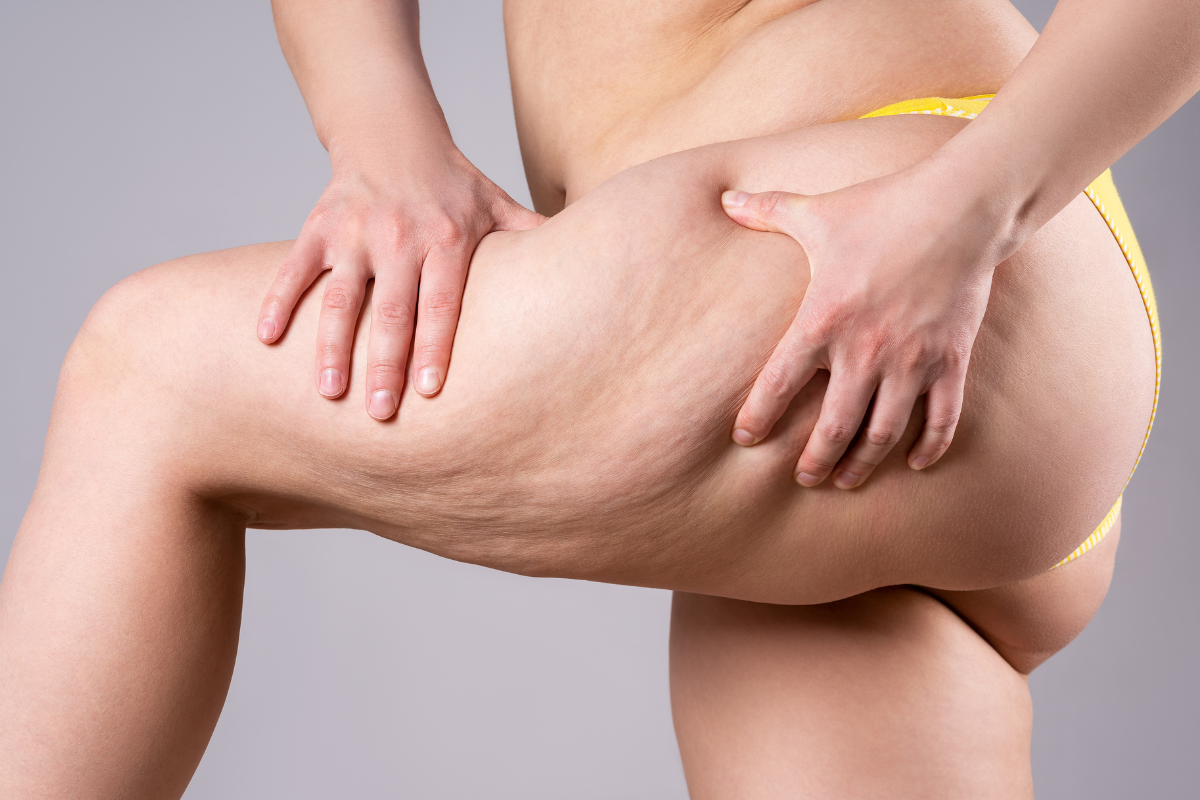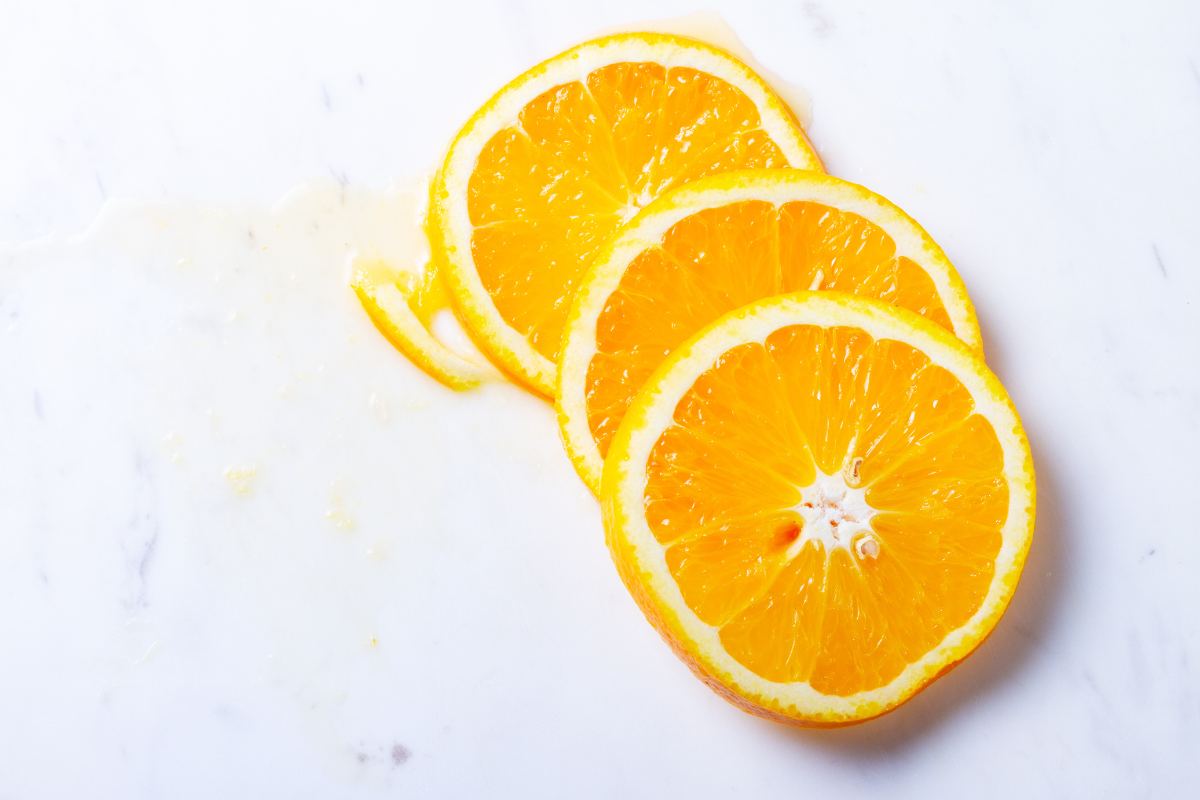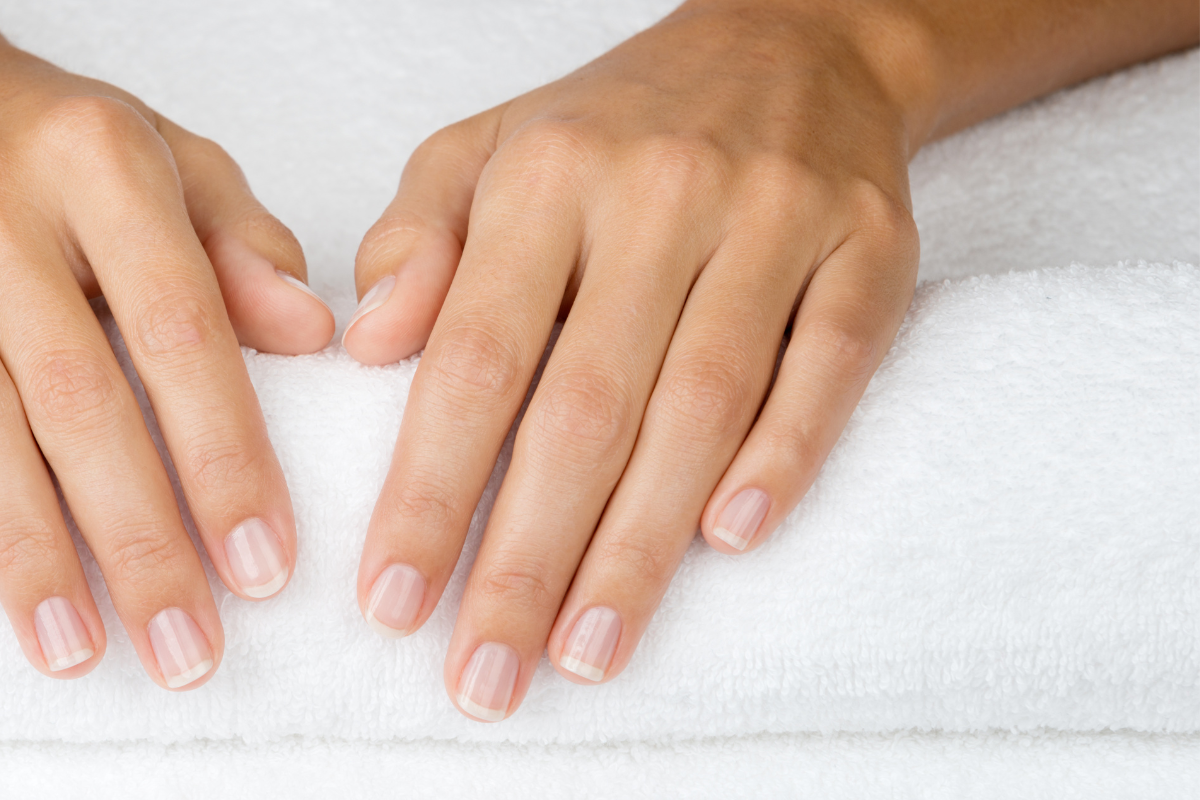Collagen counteracts cellulite

Collagen counteracts cellulite
Many women and even some men spend a lot of time and money trying to get rid of cellulite.
Some try to work out the cellulite - and that's always a good thing to do for your body's overall health - even if it doesn't completely improve the appearance of the skin and the amount of cellulite.
Others try liposuction to remove excess fat and cellulite - but it can be painful and expensive, and it doesn't help with the root cause of cellulite. Liposuction can access some cellulite, but since the liposuction procedure aims to remove fat inside the body, most of the skin layer where the cellulite is located is actually missed.
Then of course there are the millions of kroner that are spent every year on current creams that make claims that they remove cellulite from the outside - but that's not actually where the cellulite is!
So with all the confusion about how to get rid of cellulite, it makes sense to get some facts about this pesky problem that is being noticed by millions of women - and yes, many men too.
Cellulite
Cellulite usually affects the buttocks and thighs but can also appear in other areas.
Between 80 and 90 percent of all women have cellulite.
Cellulite is also known as orange peel due to the texture that appears in the skin.
Many treatments are available, but the effect is mostly temporary.
A low-fat diet, a dietary supplement with collagen , quitting smoking, as well as an active lifestyle can help reduce the appearance of cellulite in the skin.
What is cellulite?
Cellulite is one of those things that we know what it is when we see it. But what is it really? Clinically speaking, cellulite is a ball of fat under the skin that changes the shape of the connective tissue, causing an orange-like skin, or that gives the skin a dimpled "cottage cheese look". And this unfortunately affects almost everyone as we age. As we age, the skin loses its elasticity.
Cellulite occurs more often and is more prominent in women as they get older - and yes, there is also a hormonal contributing factor to the appearance of cellulite.
Being overweight often means that a person has more fat under the skin, which can lead to more cellulite forming. However, there are plenty of skinny people with visible cellulite as well.
So with that said, you understand that cellulite can affect most people.
Why do you get cellulite?
The exact reason why cellulite appears is unknown, but it appears to be due to an interaction between the connective tissue in the dermatological layer that lies below the surface of the skin and the fat layer that lies just below it.
In women, the fat cells and connective tissue in this layer are arranged vertically. If the fat cells protrude into the skin layer, this gives the appearance of cellulite. In men, the tissue has a "cross-structure", which may explain why men are less likely to have cellulite.
Some other factors also seem to be linked to the appearance of cellulite.
HORMONAL FACTORS AND AGE
Hormones likely play an important role in the development of cellulite. Estrogen, insulin, norepinephrine, thyroid hormones and prolactin are part of the process when cellulite is formed.
One theory is that when estrogen in women decreases as they begin to enter menopause, so does blood flow to the connective tissue under the skin.
Lower circulation means less oxygen in the area, which results in lower collagen production. Fat cells also get bigger when estrogen levels drop.
These factors together make the cellulite more visible. When the fat under the skin protrudes through weakened connective tissue, it results in the well-known "orange peel".
Aging also causes the skin to become less elastic, thinner and more prone to sagging. This increases the risk of cellulite developing.
GENETIC FACTORS
Certain genes are required for the development of cellulite. Genetic factors can be linked to a person's metabolism, distribution of subcutaneous fat, ethnicity and circulation levels. These can affect the likelihood of cellulite developing.
DIET AND LIFESTYLE FACTORS
Cellulite is not caused by "toxins", although a healthy lifestyle can help reduce the risk. People who eat too much fat, carbohydrates and salt and too little fiber are likely to have larger amounts of cellulite.
It may also be more common in smokers, those who do not exercise, and those who sit or stand in one position for long periods.
Wearing underwear that is tight over the bottom can restrict blood flow to this part of the body, and this in turn can contribute to the formation of cellulite.
Cellulite is more common in people who have excess fat, but slim and fit people can also have cellulite. It is more likely to happen after the age of 25, but it can also affect younger people, including teenagers.
Why is collagen important to combat cellulite?
Health news today is filled with the importance of collagen . Collagen is a good source of protein, and it doesn't take much searching on the Internet to find collagen supplements of various varieties.
First of all, collagen works from inside the body, where the cellulite is. It is not a surgical procedure that is in search of cellulite. And it's not a cream that you put on the outside of the skin. Collagen supplements are "beauty and health from the inside out!"
Secondly, collagen strengthens the skin's connective tissue. And as you remember, cellulite is primarily a problem with fat pushing the skin's connective tissue out of shape. In addition, collagen can help moisturize the skin from the inside. These two things contribute to better elasticity, firmness and fullness in the skin.
What type of collagen counteracts cellulite?
So more collagen means less cellulite, right? Not exactly. That's because there are actually several types of collagen.
And while all types of collagen play a role in body composition, there is one type that plays an important role in skin health (as well as hair and nail health, too); collagen type 1 .
Collagen type 1 occurs to a very small degree in the food we consume today. So a dietary supplement with collagen is preferable to get adequate amounts of this beauty and health protein.
Make sure your collagen supplement contains hydrolyzed collagen/collagen peptides. Bioactive collagen peptides (BCP) are a special form of collagen that has undergone a process called hydrolysis, which shortens the protein chains and thus improves bioavailability in the body.
So if your goal is to have healthier skin with less visible cellulite - along with beautiful hair and nails - then you should consider starting to take collagen peptides every day. Also make sure that your daily dose of collagen is between 5-15 grams for optimal results.
- Tags: Hud/Skin Kollagen/Collagen





